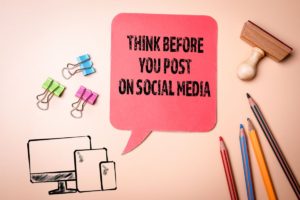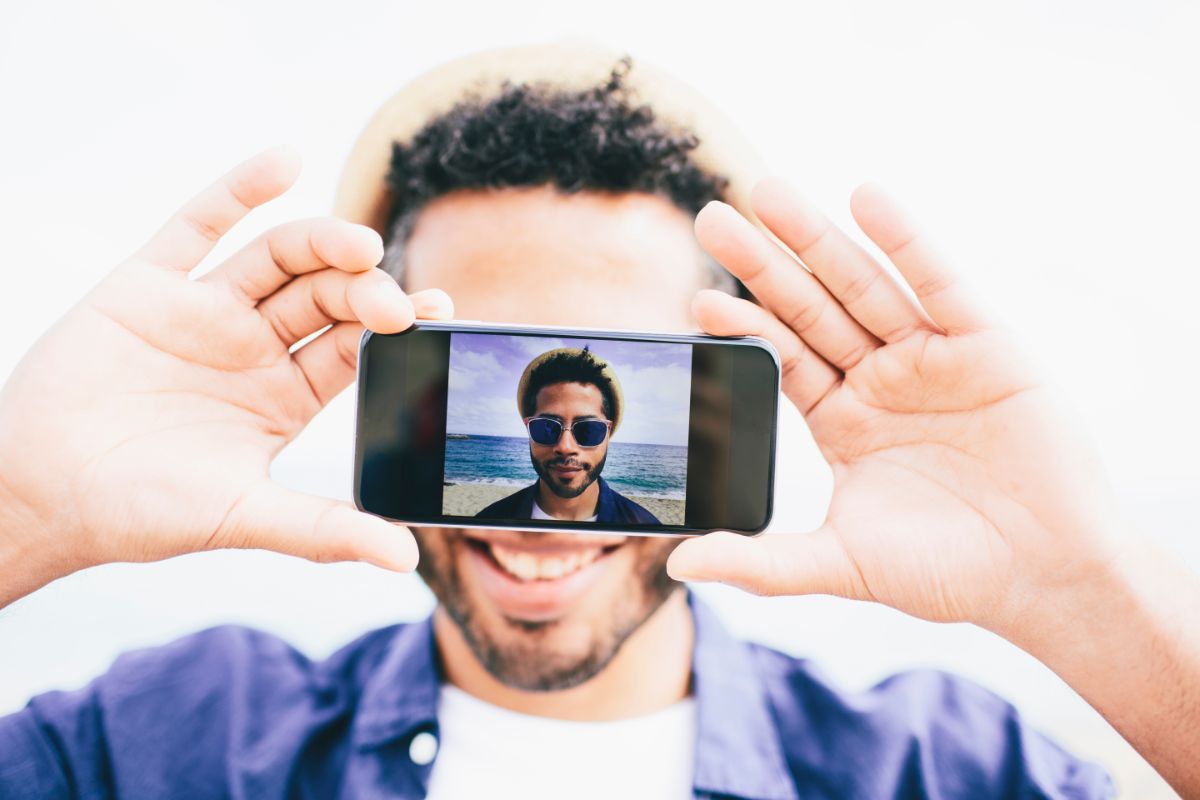The Defendants and Their Insurer Will Very Much “Like” Social Media Posts That Undermine Your Claims
The impact of social media on personal injury claims in Colorado Springs should be one of your first considerations if you seek compensation for those injuries. Even if you’re not one of those who post pictures of their most recent lunch, share every random thought that pops into their head, or feel compelled to make videos showing off their latest dance moves, your use of social media can impact your personal injury case.
Posting anything on platforms like Facebook, Twitter, Instagram, and TikTok provides a snapshot of who you are, how you feel, what you’re doing, where you are, and who you are with.
And if you are suing someone for compensation in a personal injury lawsuit, those snapshots can provide all the evidence needed to sink your claim.
Social Media Can and Will Be Used Against You in a Court of Law
While your personal injury lawyer is working hard to build the strongest case and obtain the maximum compensation for your injuries, the defendant’s insurance company and their lawyers will be doing the same.
They will seek evidence to undermine your explanation of events surrounding the accident and dispute the severity or even the existence of your claimed injuries. If you aren’t careful, such evidence can come directly from you, your family, or your friends on social media.
Specifically, defendants and insurance companies know the impact of social media on personal injury claims – and use social media posts by plaintiffs and their circles all the time to destroy injury claims. The fact is that whatever you post on the internet can and will be used against you in a court of law.
Related: Factors Affecting the Value of a Personal Injury Claim in Colorado
Stakeout by Social Media
When considering the impact of social media on personal injury claims, we need to compare how lawyers used to collect evidence and how they do so now.
Well before the advent of social media, lawyers for personal injury defendants would frequently hire Colorado Springs private investigators to dig up any facts or evidence they could find that would cast doubt on the plaintiff’s injury claims.
This would involve the kind of detective work you see in movies and TV shows – hours and days staking out or following injured plaintiffs to try to catch them doing things that contradicted their assertion. And just one picture of an accident victim kindly helping their friend to move a heavy couch, while claiming severe back injuries and an inability to work is like hitting the jackpot in Vegas.
Now, however, investigators can obtain such information without leaving their office because the friend of that accident victim with a back injury was kind enough to post a picture on Instagram thanking them for the help.
But it is not just your friends and family tagging you in a photo – you can also be your worst enemy. For instance, you may post a picture of yourself out dancing, smiling while on the back of a motorbike, coming off a rollercoaster, or just enjoying life as you always have.
Or, perhaps you comment on your case and how badly you need the money. You share with the world your disappointment with your lawyer or your medical care.
ALL such posts give the other side an opening not only to eviscerate your claims at trial but also to get out of the case on the cheap during settlement discussions. This is precisely the powerful impact of social media on personal injury claims in Colorado Springs that you want to avoid.
You Might Like: How to Sue for Personal Injury After an Accident

Don’t Count on Your “Privacy” Settings To Save You
Many injury victims believe that they can share what they want on social media because their “privacy” settings are such that only those they approve can follow them and view their posts.
But, truth be told, “privacy” on the internet is an illusory concept. However you configure your privacy settings, they won’t keep your activity private from those determined to see what you are up to, and they will not prevent your being seen or tagged in pictures and posts made by others, for two critical reasons.
First, one of the easiest ways for insurance investigators to gather evidence against you is to make a friend request on Facebook, Instagram or elsewhere to get an injury plaintiff to grant them access to content hidden behind a privacy wall. If you have filed a lawsuit for personal injury, do yourself a favor and do not accept new friend or follow requests.
Second, courts across the nation regularly hear and grant requests from insurance companies and their lawyers to access social media posts, photos, videos, and other information, even if the plaintiff has a “private” page.
For example, a federal court in Michigan said this when ruling that a defendant could obtain content from a personal injury plaintiff’s “private” Facebook page:
“[M]aterial posted on a “private” Facebook page, that is … not available for viewing the general public, is generally not privileged, nor is it protected by common law or civil law notions of privacy.”
This judgement in Michigan sets a precedent for personal injury cases in Colorado Springs.

Think Before You Post
While your personal injury case remains pending, the best thing you can do with your social media accounts is nothing. Avoid posting anything, regardless of how innocuous or unrelated to your case it may seem. Tell your friends that you would like them to refrain from tagging you, checking in with you somewhere, or posting comments or pictures involving you.
If you can’t bring yourself to quit social media entirely, be mindful of the impact of social media on personal injury claims. Think before you post, and refrain from posting anything about your injuries, accident, lawsuit, medical care. Anything that could appear to contradict your injury claims – even if you think there is good reason for posting – should not appear on your account or your friends’ accounts.
Otherwise, you run the risk that the insurance company and the lawyers trying to defeat your case will really “like” your post.
The Best Accident Attorneys Will Advise You on the Impact of Social Media on Personal Injury Claims
At King & Beaty, we have helped countless personal injury victims receive compensation they deserve and need to move forward with their lives after a serious accident. When you meet with one of our experienced Colorado Springs accident and injury attorneys for your free initial consultation, you can expect an honest assessment of your claim – including recommendations on how to avoid the unavoidable and often negative impact of social media on personal injury claims.
You and your family deserve the maximum amount of compensation for your injuries. Trust the experts at King & Beaty to fight for your rights and your future.
Please contact us today to schedule your free initial consultation.





